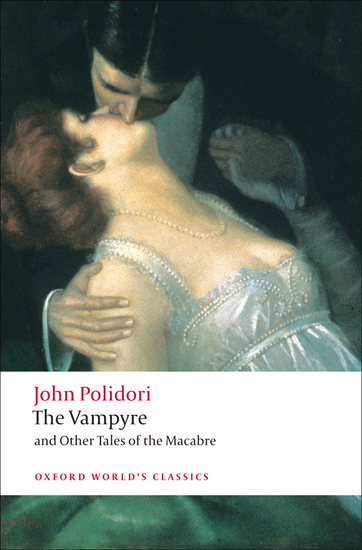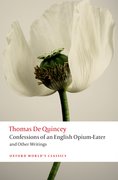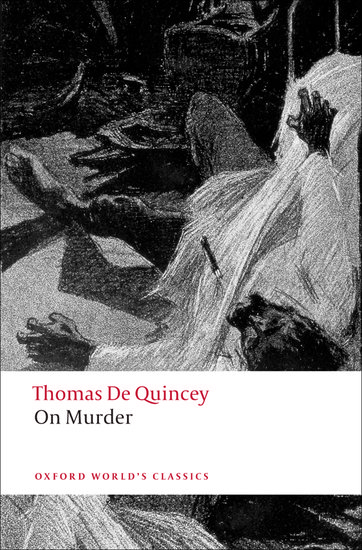The birth of the vampyre: Dracula and mythology in Early Modern Europe
Although occultists like the antiquarian Montague Summers would like to claim that the belief in vampires is global and transhistorical (and therefore probably true), the vampire is a thoroughly modern being. Like the Gothic genre itself, stories of vampires emerge in the Age of Enlightenment, as instances of primitive superstition that help define the rational scepticism of northern, Protestant Europe.











